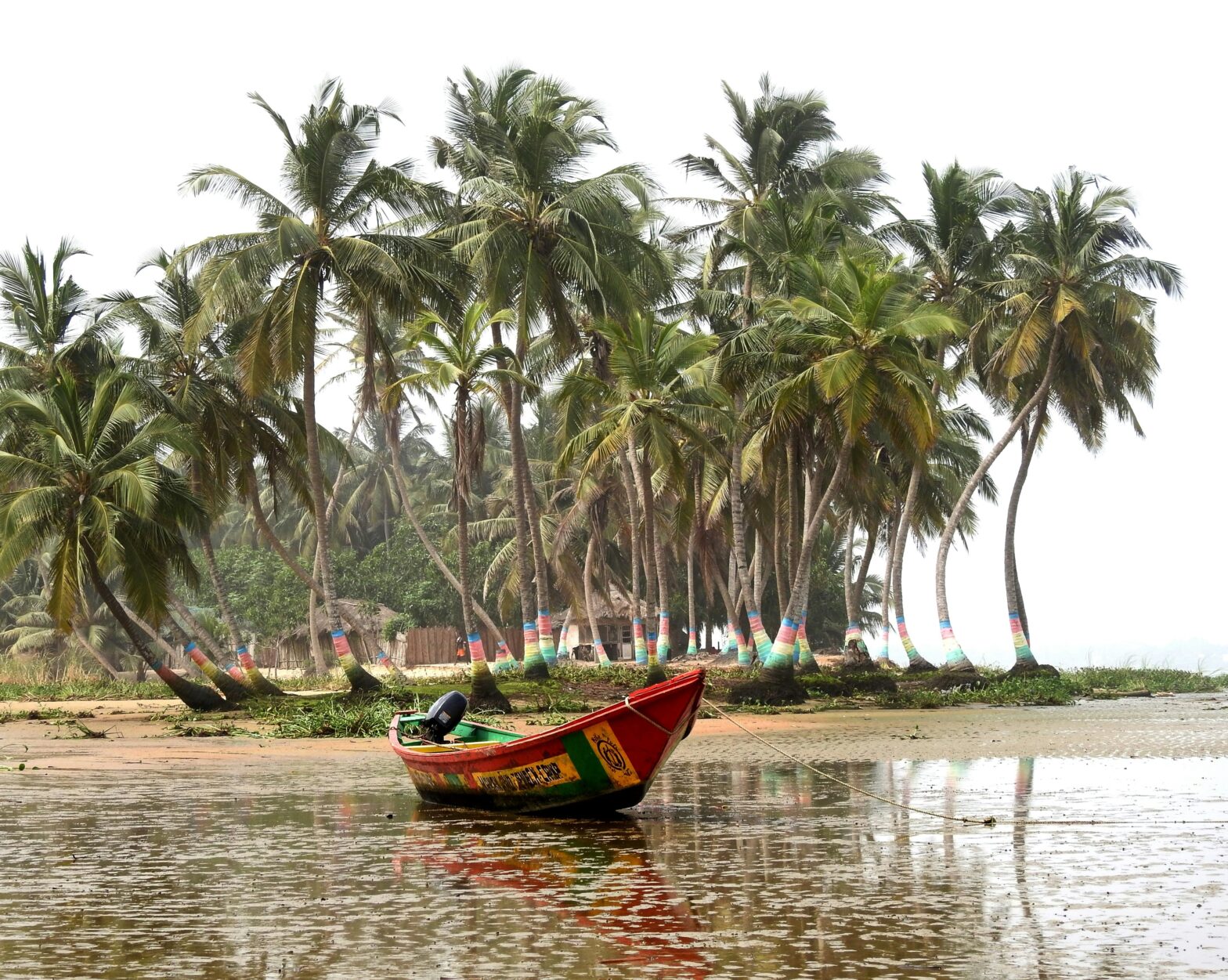One thing is clear about Ghana in December 2019: it will be the country to be in.
This comes after Ghana’s president Nana Akufo-Addo marked 2019 as the “homecoming” for blacks across the Caribbean and the Americas and deeming it The Year of Return as this year marks 400 years of the inception of slavery.
Despite the call to come home, Ghana has long served Black Americans and others as a place to reconnect with their spiritual roots.
Most recently, celebrities like Samuel L. Jackson and Steve Harvey, politicians including Speaker Ilhan Omar, and others have visited Ghana.
Over the years, legends like Maya Angelou, Malcolm X, Martin Luther King Jr. even visited the “Gateway to Africa.” And it’s in Ghana where Civil-rights pioneer, W.E.B DuBois made it his home after renouncing his U.S. citizenship, which ultimately became his final resting place.
So, how is it that this West African country in the diaspora has become the place for Blacks to explore their connection to their roots?
To explore this answer, you have to go back to 1482.
According to Face 2 Face Africa, the first European safehouse in Sub-Saharan Africa was built by the Portuguese during that time in the town of Edina, known in present-day as Elmina.
Once the first was build, it set a precedent, and more than 40 additional safehouses or “forts” were built over the course of 300 years along the coast of Ghana.
In addition to the Portuguese, countries like Sweden, Danish, the British and Germans were all involved in this venture for what was their most important goods of the time: slaves.
It is in Ghana where you can find the most slave forts in Africa, as reported in Face 2 Face Africa.
For the millions wanting to retrace their steps and learn more about the place, Ghana became the logical point to start.
Once Ghana gained its independence in 1957, the country’s first president Kwame Nkrumah was adamant that with declaring its independence, Africans would have to commit to extinguishing the psychological holdover of European rule, as reported in Face 2 Face Africa. Nkrumah argued that Europeans did not only enter to rule lands but the minds of people as well. He thought it would be best to exorcise the mental demons through what he called consciencism.
It is through the merging of slavery and Nkrumah’s dream that has allowed events like the Pan-African Festival to excel in creating the narrative that Ghana is the source for Black identity.





